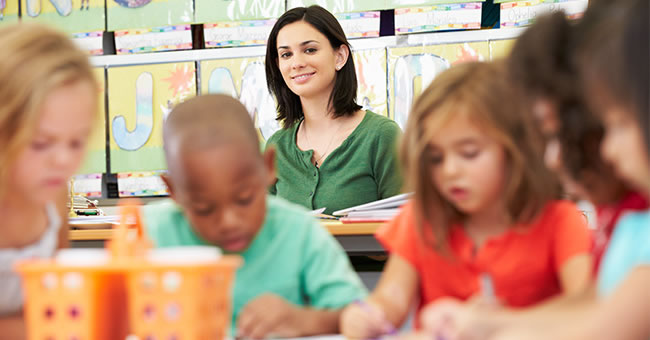Social-Emotional Learning can help build a foundation of success for your students. Implementing a solid SEL approach can improve academic performance, reduce bullying, and create a positive environment in your classroom.
Try the following activities to encourage your students to develop strong SEL skills through the core-competencies.
Self-Awareness
A student’s ability to accurately recognize their emotions, thoughts, and their influence on behavior can help reduce stress and anxiety. In order to help students manage these emotions, try a simple breathing exercise or meditation. This will help students develop mindfulness without focusing on their current overwhelming feelings.
Self-Management
Self-management is the ability to regulate emotions, thoughts, and behaviors effectively in difficult situations. Playing a game of musical chairs can teach students to regulate their behaviors, especially in situations where the student did not get a seat. Bringing the students back together at the end of the game to discuss the outcomes will allow them to understand how to appropriately react to winning or losing.
Social Awareness
Social awareness occurs when students develop skills in obtaining perspective, empathy, appreciating diversity, and respect for others. Create a time for students to sit in a group of 4-5, and ask get-to-know-you questions. Each student asks a question, and each student must answer a question. This allows students time to thoroughly understand different backgrounds, interests, and overall personalities of their classmates.
Relationship Skills
Students are able to establish and maintain healthy relationships by communicating clearly, actively listening, and being able to appropriately navigate through confrontation with their peers. For a holiday, such as Memorial Day, have your class create a collaboration poster. Each student can be assigned a square or section to color and decorate. Once every student finishes, all of the pieces are put together to create one large poster. This will foster a sense of teamwork, which will strengthen their relationships.
Responsible Decision-Making
This is the student’s ability to make an appropriate decision regarding their behavior and interactions. Practicing how to make tough decisions will teach your students how their actions affect others. Play a game of “What Would You Do?” by giving them problem-solving situations. Have them write out their answers by themselves, but then discuss their answers as a class.
By promoting social and emotional development in your classroom, students will learn the skills necessary to succeed in real-life situations.
5 Ways to Support Your Students with SEL
- March 09, 2020
- / Social Emotional Learning
- / By Embrace® Education Team
